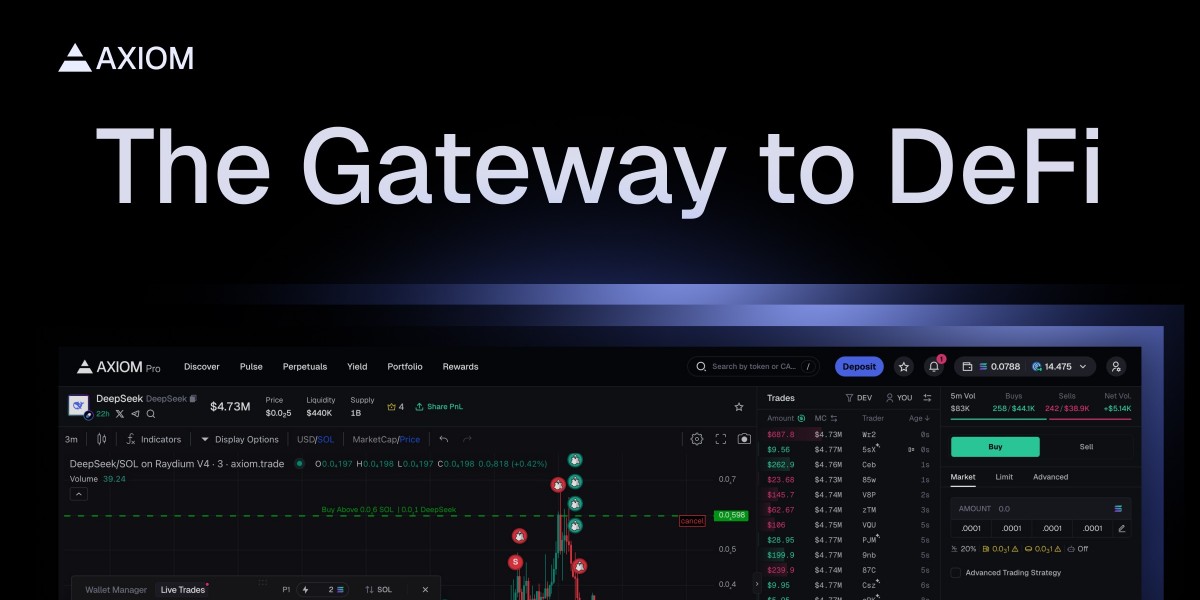The world of private label products is booming in 2025, offering entrepreneurs a low-risk, high-reward path to building a thriving eCommerce business. Whether you're launching on Amazon, Shopify, or your own site, understanding how to source, brand, and market your private label products is key to long-term success.
In this comprehensive guide, you’ll learn what private label products are, how to launch your own line, and proven strategies to grow your brand fast.
Table of Contents
What Are Private Label Products?
Private label products are goods manufactured by a third-party company but sold under your own brand name. You control the packaging, design, and marketing, even though you didn’t produce the product yourself.
Example: A supplement brand selling collagen powder with their label, even though it’s produced by a factory that supplies many similar brands.
Benefits of Selling Private Label Products
Selling private label products offers several advantages:
Higher Profit Margins
You can price your product higher by offering a branded, customized experience.
Full Control Over Branding
Shape the customer experience from packaging to messaging to product design.
Lower Competition
Branded products often face less direct competition than generic ones on platforms like Amazon.
Scalability
With an optimized supply chain, private label products can scale without huge overhead costs.
Private Label vs White Label
| Feature | Private Label | White Label |
|---|---|---|
| Custom Branding | Yes | Minimal to none |
| Exclusive Product | Yes (custom formulation/design) | No (shared with other sellers) |
| Higher Customization | Yes | No |
Tip: Choose private labeling if brand uniqueness and long-term growth are your goals.
Top Private Label Product Ideas in 2025
Looking for inspiration? These niches are expected to dominate in 2025:
Skincare & Beauty
Natural, vegan, and eco-friendly products like serums, oils, and cleansers.
Health Supplements
Gut health, nootropics, and anti-aging supplements are trending.
Kitchen Tools
Sustainable utensils, air fryer accessories, and smart kitchen gadgets.
Pet Products
Custom collars, toys, organic treats, and grooming kits.
Fitness Gear
Resistance bands, home gym accessories, and recovery products.
How to Find a Private Label Manufacturer
Finding a reliable manufacturer is the foundation of your private label success.
Research
Use platforms like:
Alibaba
GlobalSources
ThomasNet
SaleHoo
Communicate
Ask about:
MOQ (Minimum Order Quantity)
Customization options
Certifications (e.g., FDA, ISO)
Order Samples
Never go into production without testing a sample first.
Creating a Unique Brand for Your Product
Your brand is more than a logo—it's the experience you offer.
Design Matters
Invest in professional packaging, product design, and logo creation.
Tell a Story
People love brands with a mission. Share your "why" on your website and packaging.
Get Reviews Early
Social proof is critical, especially for new private label products.
How to Sell Private Label Products Online
Best Platforms to Start
Amazon FBA: Fastest way to scale with built-in traffic.
Shopify: Total control and flexibility.
Etsy: Ideal for handcrafted or niche items.
Tools to Help
Helium 10 (Amazon SEO)
Jungle Scout (Product research)
Canva (Branding & graphics)
Marketing Strategies for Private Label Products
Social Media Marketing
Use Instagram, TikTok, and Pinterest to visually showcase your brand.
Influencer Marketing
Send free products to influencers in your niche. Use micro-influencers for affordability.
Email Marketing
Build a list with lead magnets like discounts or free eBooks and nurture your audience.
Retargeting Ads
Use Facebook Pixel or Google Ads to bring back visitors who didn’t convert.
Common Mistakes to Avoid
Skipping product validation
Always test demand before investing.Choosing a saturated niche
Use keyword tools to check competition levels.Neglecting packaging
Great packaging increases perceived value and repeat purchases.Ordering too much inventory
Start small and scale as needed to avoid dead stock.
Conclusion
Private label products are one of the best ways to build a sustainable, scalable eCommerce business in 2025. By focusing on branding, quality, and customer experience, you can stand out in any niche.
Whether you're new to eCommerce or looking to expand an existing store, launching a private label brand puts you in control and opens up real opportunities for long-term profit.
FAQs
What is the minimum investment for private labeling?
Typically between $1,000–$5,000, depending on the product and MOQ.
Is Amazon FBA good for private label products?
Yes! Amazon FBA handles fulfillment, customer service, and gives access to millions of buyers.
How do I protect my private label brand?
Register your trademark and consider Amazon Brand Registry for added protection.
Can I private label without a company?
You’ll need a business license or LLC for legal and supplier purposes.
How long does it take to launch?
On average, 60–90 days from product research to launch, including manufacturing and shipping.































